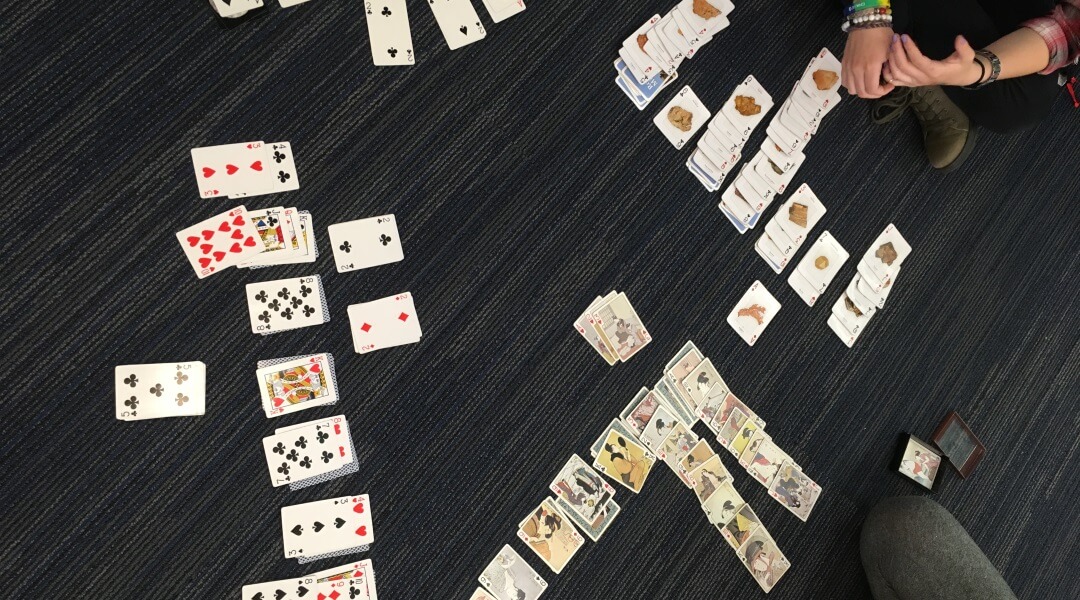One time, at least five teens and I were all playing solitaire — alone, together — on the floor of the Library. It was spontaneous, solitary (of course), yet unifying. It felt like a lesson in mentoring then, and even more-so now.
On that day and any typical day as a Children’s and Teen Librarian, I would think about teen brain development as part of my interaction. Teens have highs and lows because their pre-frontal cortexes are developing. Teens’ amygdalae are swelling, causing primal emotions to surge. And their frontal lobe, which takes care of decision making, is maturing. Teenagers are not fully excused or explained by knowing this, but it can be grounding context.
Can you imagine having all this development in motion during a pandemic?
If you are (virtually) working with teens or have teens in your household, you may be wondering, but you may also have limited time and energy. With all of this in mind, I’ve gathered a quick list of resources for you to explore or save for later:
Search Institute’s Building Developmental Relationships During the COVID-19 Crisis Checklist: This brief resource offers a way for you to re-center and show yourself what you are doing as a caregiver or mentor.
Common Sense Media Polls Teenagers: Loneliness, stress about exposure and family financials, tech behavior and more are explored in easy-to-read graphic data from a poll of 849 teens.
Wide Open Schools – Teen Driven Content on Emotional Well Being: Peruse this digital buffet to learn about coronavirus and racism, effective communication and self-care. Most importantly, much of this content features teen voices.
Chronicle of Evidence Based Mentoring – Ways to Check-in: This is a short list of approaches to asking young people how they are doing. Use it to switch up your routine or as inspiration to dream up a new ice breaker of your own.
Make Room for Emotions via New York Times: Psychologist Lisa Damour re-frames psychological well–being in the context of discomfort.
Angela is a Children’s and Teen Librarian at CLP – Squirrel Hill. She is an extremely slow reader and bicyclist, but really loves both.

